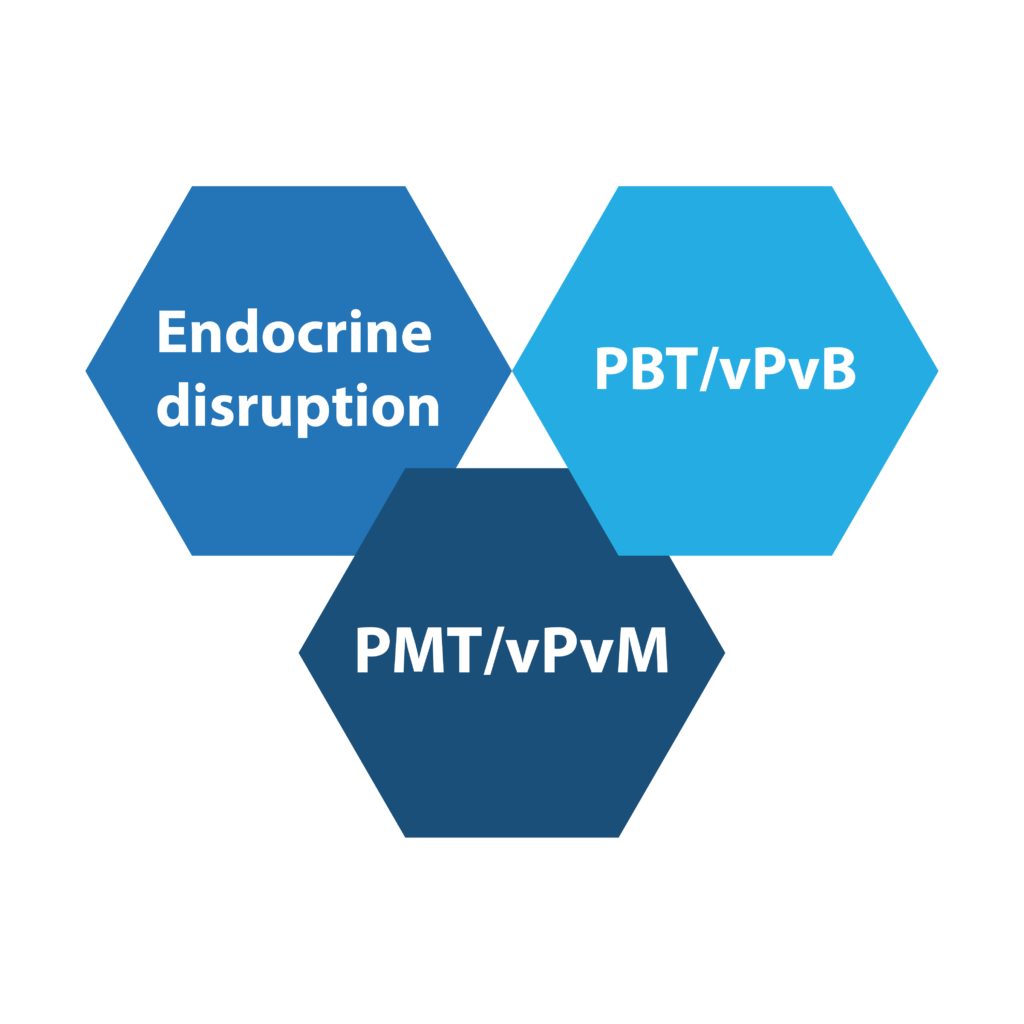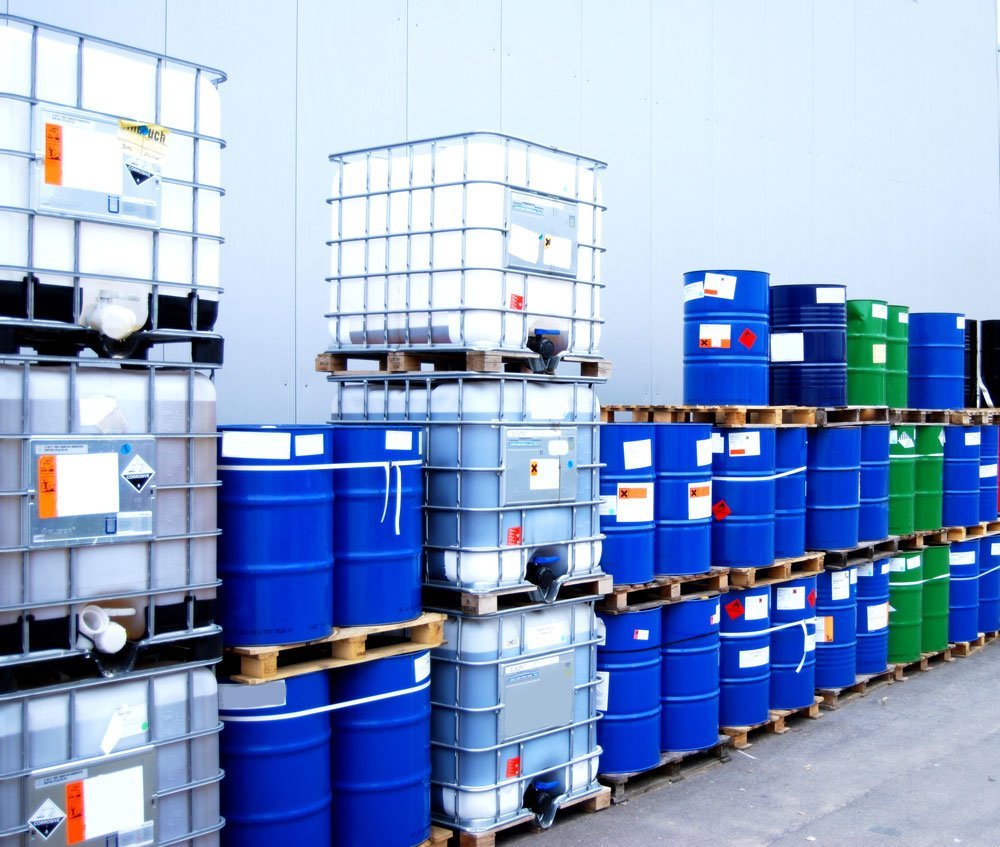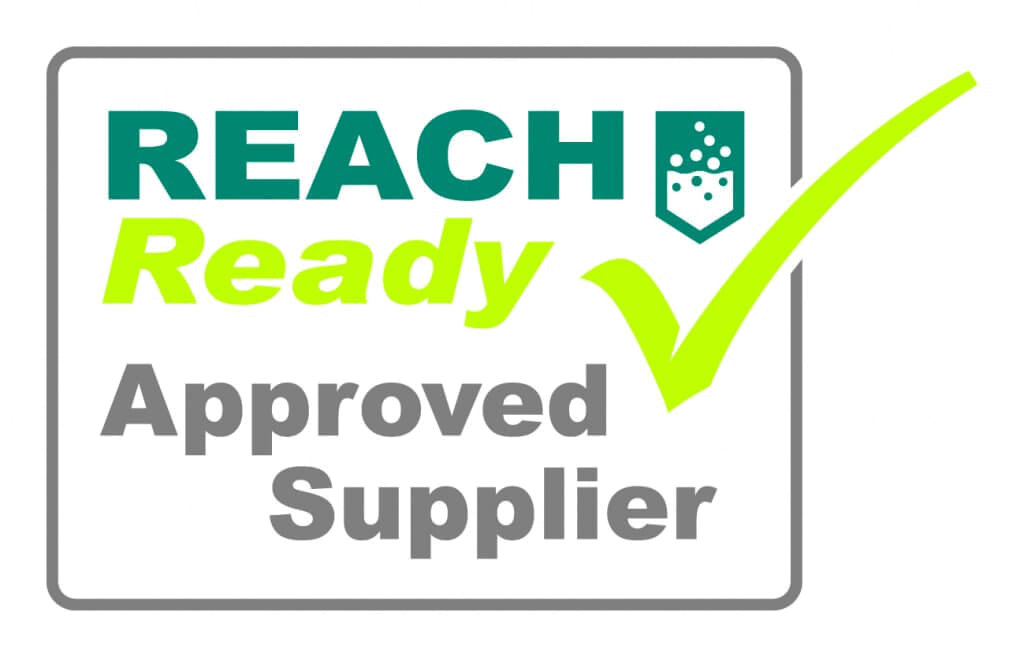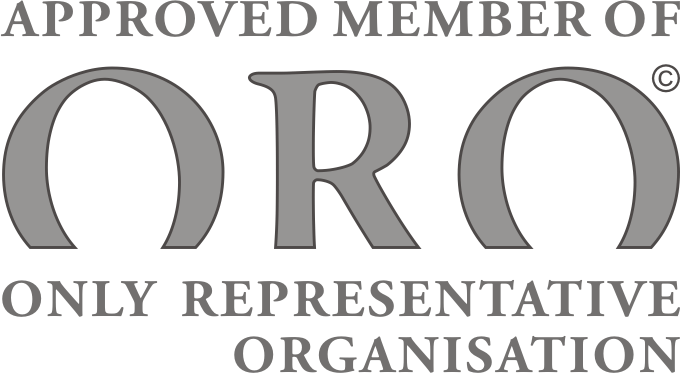
Since 20 April 2023, EU has applied new hazard classes, new hazard statements, and new criteria for the classification, labelling, and packaging of substances and mixtures. This new rule came into force officially via Delegated Regulation 2023/707 amending CLP Regulation (EC) No 1272/2008.
Many chemical substances and mixtures placed on the EU market under REACH could be in the scope of this new change. Do check if your products are one of them. If you have any assistance in assessing or updating your SDSs and relevant documents, we are here.
New hazard classes and statements
There are 04 new hazard classes particularly addressing the endocrine disruption and persistency properties of chemicals. They are:
- ED HH in Category 1 and Category 2 (Endocrine disruption for human health)
- ED ENV in Category 1 and Category 2 (Endocrine disruption for the environment)
- PBT (persistent, bioaccumulative, toxic), vPvB (very persistent, very bioaccumulative)
- PMT (persistent, mobile, toxic), vPvM (very persistent, very mobile)
Corresponding to these new classes, new hazard statements are also introduced:
| Hazard class & category code | Hazard statement code | Hazard statement |
|---|---|---|
| ED HH 1 | EUH380 | May cause endocrine disruption in humans |
| ED HH 2 | EUH381 | Suspected of causing endocrine disruption in humans |
| ED ENV 1 | EUH430 | May cause endocrine disruption in the environment |
| ED ENV 2 | EUH431 | Suspected of causing endocrine disruption in humans |
| PBT | EUH440 | Accumulates in the environment and living organisms including in humans |
| vPvB | EUH441 | Strongly accumulates in the environment and living organisms including in humans |
| PMT | EUH450 | Can cause long-lasting and diffuse contamination of water resources |
| vPvM | EUH451 | Can cause very long-lasting and diffuse contamination of water resources |

When to start – what to do
This amendment of CLP regulation enters into force on 20 April 2023. The regulation also sets out separate transitional periods depending on whether the chemicals are substances as such or mixtures and whether they have been already existing or new on the market.
During these transitional periods, enterprises can voluntarily apply new hazard classes to their SDS, labels, and other relevant dossiers. In the meantime, proposals for harmonised classification and labelling with the new hazard classes can be submitted by EU Member States and then assessed by ECHA’s Risk Assessment Committee, and enterprises can self-classify their products accordingly.
As announced by ECHA, the new hazard classes will be available soon in IUCLID platform in early 2024 to allow the inclusion of information related to the new hazard classes in REACH & PPORD dossiers, BPR dossier, and PCN dossier. ECHA has updated the harmonised classification and labelling (CLH) proposal template for the notification to the C&L inventory.
After the expiry of these transition periods, all manufacturers, importers, downstream users, and distributors are required to apply the new hazard classes where relevant.


This major amendment is supposed to have a wide impact on many products and actors in the supply chain. It is therefore recommended to be well updated about upcoming related news and get prepared for the change. Revisions in relevant documents and dossiers such as SDS, labels, REACH, PCN, etc., may take time especially if there are a large of products got involved. Enterprises are advised to act as soon as possible if their products contain a substance that is already self-classified in any of the new hazard classes OR has been included in the harmonized classification and labelling list with the new hazard classes by ECHA.
Chementors is ready to assist you with questions and requests regarding this new rule.









